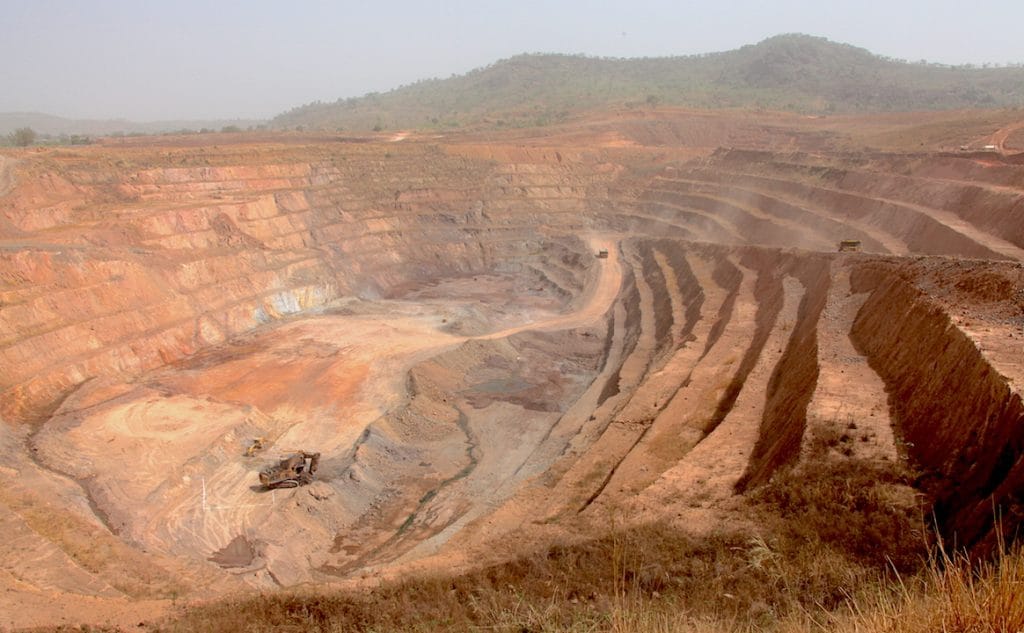Burkina Faso has authorised Russian mining company Nordgold to begin industrial-scale operations at the Niou gold deposit, a move aimed at revitalising the national economy amid record global gold prices and persistent insecurity.
The announcement, made following a Council of Ministers meeting late Thursday, marks a significant expansion of Russian economic influence in the West African nation. Since the military-led government assumed power in 2022, Ouagadougou has steadily pivoted away from traditional Western partners, embracing new alliances with Moscow.
The Niou deposit, located in Kourweogo province in the Plateau-Central region, spans 52.8 square kilometres. It falls under the former exploration licence of Jilbey Burkina, now a Nordgold subsidiary. The company, which already operates the Bissa and Bouly mines in Burkina Faso, is expected to extract an estimated 20.22 metric tons of gold over the mine’s projected eight-year lifespan.
Revised Mining Code Shapes Stakeholding
Under Burkina Faso’s reformed mining regulations, Jilbey Burkina will control 85/percent of the project, while the state will hold a 15/percent stake at no financial cost. Officials estimate the project will contribute 51.5 billion CFA francs (roughly $89 million) to the national budget, and an additional 7.06 billion CFA francs to the country’s mineral wealth fund.
The move comes as gold prices have risen over 25/percent this year, driven by global market volatility and ongoing geopolitical tensions. With gold now one of Burkina Faso’s most valuable resources, the government is leaning heavily on the sector to plug budget deficits and stabilise the economy.
Balancing Growth and Grassroots Livelihoods
Burkina Faso produced over 57 tons of gold in 2023, according to data from Swissaid, making it one of Africa’s leading gold producers. The mining sector includes major players like Canada’s IAMGOLD and Endeavour Mining, along with Australia’s West African Resources Ltd.
However, the Niou site lies in a region dominated by artisanal mining. Experts have raised concerns about the potential impact of industrial operations on local miners who rely on small-scale gold extraction for income.
“Large-scale mining brings state revenue, but it can undermine informal livelihoods in artisanal zones,” said Ulf Laessing, head of the Sahel programme at the Konrad Adenauer Foundation.
Jobs and Economic Spillovers
To offset local disruption, the government said the Niou project is expected to create 204 direct jobs. Officials also anticipate the mine will sustain employment at the nearby Bissa Gold SA facility, reinforcing the broader economic footprint of Nordgold in the region.
As Burkina Faso navigates economic headwinds and security challenges, officials are counting on high-yield mining projects to generate both revenue and stability. The Niou licence signals a strategic bet on gold—and on new partnerships shaping the country’s economic future.



